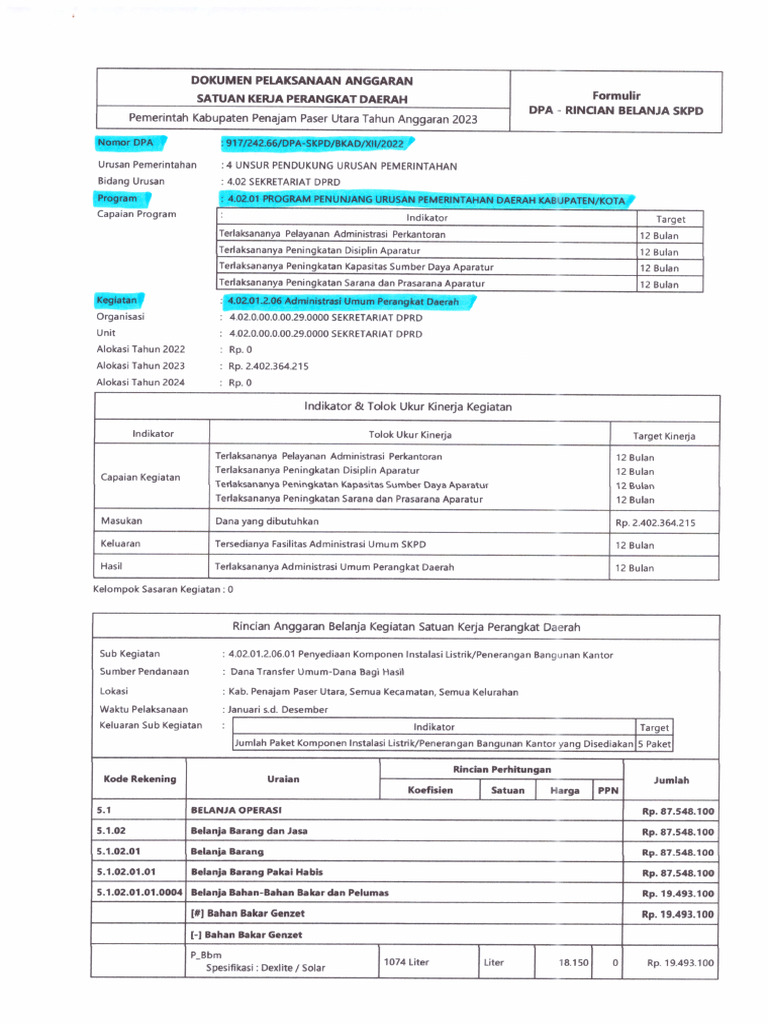The concept of Data Processing Agreement (DPA), while primarily rooted in legal and technical frameworks, has recently garnered attention within Christian communities, particularly as they navigate the digital landscape. This document, which governs the relationship between data controllers and processors, raises pertinent questions about stewardship, accountability, and trust—values that are integral to the Christian perspective. Here, we delve into the multifaceted implications of DPA from a Christian viewpoint, focusing on several key areas: Biblical stewardship, ethical considerations, the role of trust, and the impact on community relations.
Biblical Stewardship and Data Management
At the crux of the Christian perspective on any subject lies the principle of stewardship. In a Biblical context, stewardship refers to the responsible management of resources entrusted to an individual. This extends to data management in the digital age, where churches and Christian organizations collect and process the personal information of congregants and supporters. A DPA ensures that this data is handled with care and integrity, reflecting the biblical mandate found in 1 Peter 4:10, which states, “Each of you should use whatever gift you have received to serve others, as faithful stewards of God’s grace.”
Implementing a DPA signifies a commitment to uphold these values, ensuring that personal data is safeguarded against misuse. Here, the concept of faithfulness transcends mere legal obligation; it becomes a moral imperative, reinforcing the belief that every interaction with data should honor God and cherish individual privacy.
Ethical Considerations in Data Handling
In addition to stewardship, ethical considerations play a significant role in discussions surrounding DPA. The rapid digitization of church activities—ranging from online donations to virtual services—raises questions about consent, transparency, and the ethical use of data. A DPA should delineate how data collected from church members will be used, ensuring that congregants are informed and consents are adequately obtained.
Moreover, the ethical framework derived from Christian teachings challenges organizations to consider not only legal compliance but also the moral implications of their data practices. The teachings of Jesus, particularly in the Sermon on the Mount (Matthew 5-7), emphasize honesty and respect for others. Thus, the spirit of ethical data practice compels organizations to go beyond compliance, fostering a culture of integrity and respect for individual rights.
This approach resonates with the concept of “love thy neighbor” as it promotes a delicate balance between leveraging technological advancements and respecting the dignity of individuals. Such ethical considerations reinforce the importance of crafting a robust DPA that aligns with a church’s mission and values.
Trust in the Digital Age
Trust is a cornerstone of any relationship, and this is particularly true in the realm of data processing. For Christian organizations, a DPA functions not only as a legal document but also as a tool for building trust with congregants. When church leaders communicate the measures taken to protect personal data, they demonstrate a commitment to ethical stewardship, fostering a sense of security among members.
In today’s digital landscape, where data breaches are alarmingly prevalent, individuals are increasingly concerned about how their personal information is treated. A well-defined DPA can serve as a reassurance, compelling church leaders to articulate their commitment to maintaining confidentiality and preventing misuse of data. This, in effect, translates into a deeper, more trust-based relationship between the church and its congregation, enhancing the church’s credibility and fostering a supportive community.
Impact on Community Relations
Christian communities traditionally thrive on relationships, and maintaining those bonds is paramount. The DPA’s influence on community relations cannot be overstated. By ensuring that member data is handled responsibly, Christian organizations can cultivate a culture of respect and care. This cultivates an environment where congregants feel valued and secure.
Furthermore, as churches expand their outreach in the digital realm, the importance of a transparent and accessible DPA becomes even more pronounced. It allows congregants to engage with technology without fear, enriching their experience of community. Additionally, engaging members in the conversation about data protection promotes inclusivity. This is reminiscent of the early church in Acts 2:44-47, where believers shared everything, a model of transparency that fosters community spirit even in the face of modern challenges.
Conclusion
In conclusion, the Data Processing Agreement (DPA), viewed through a Christian lens, underscores the vital principles of stewardship, ethics, trust, and community. As Christian organizations engage with the digital world, understanding the significance of a DPA in conjunction with Biblical teachings becomes paramount. This holistic approach not only aligns organizational practices with spiritual convictions but also enhances the overall integrity of the community. By prioritizing data protection and ethical engagement, churches can exemplify the core tenets of their faith in a rapidly evolving digital landscape.
